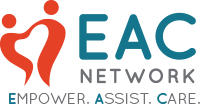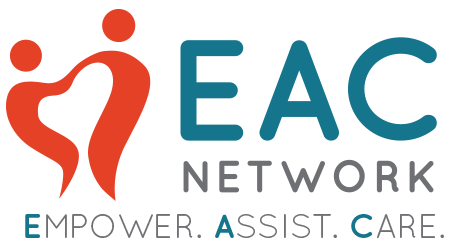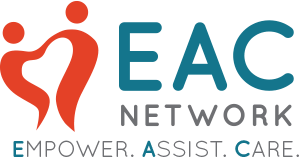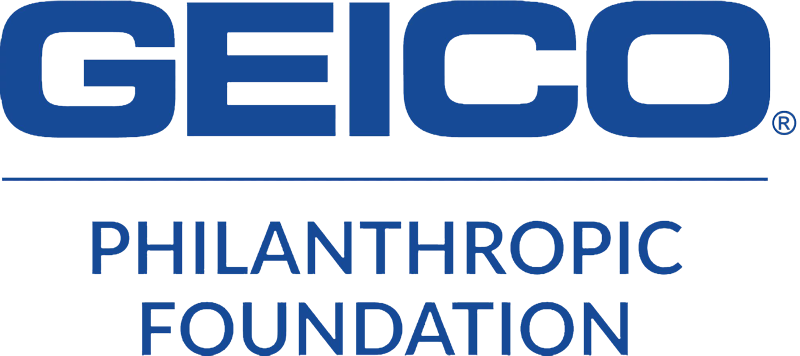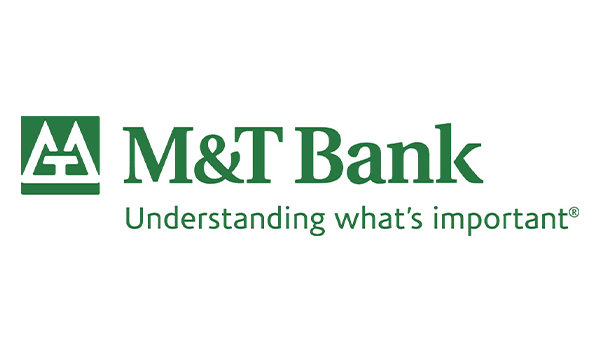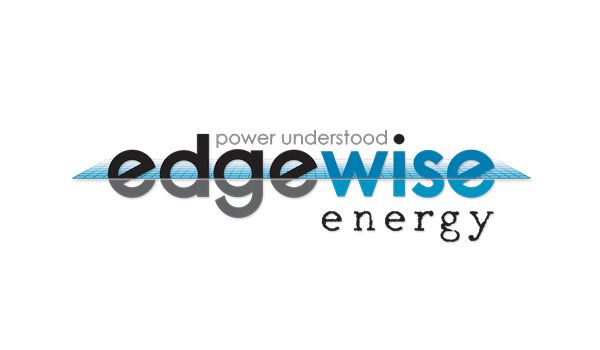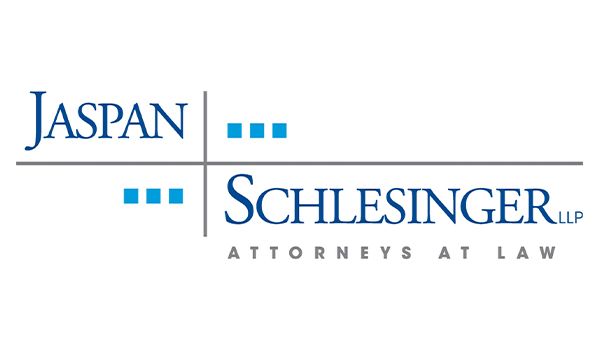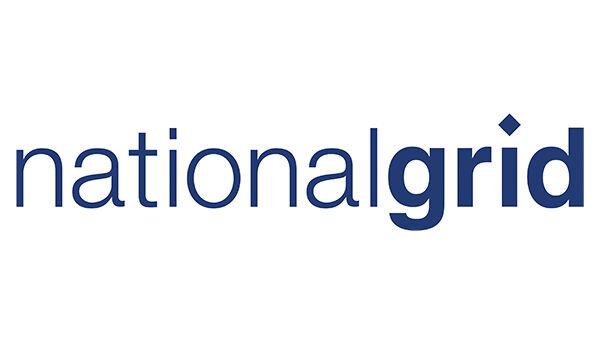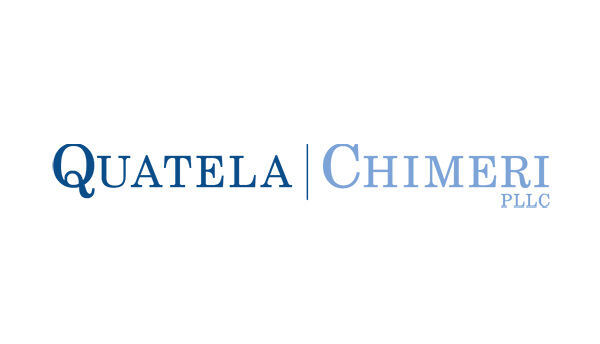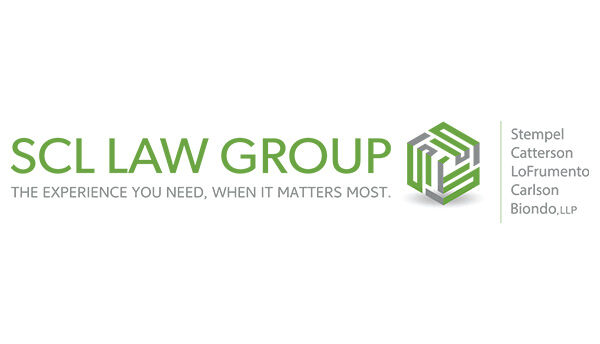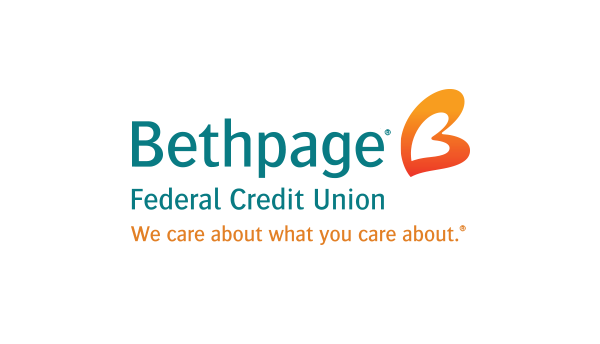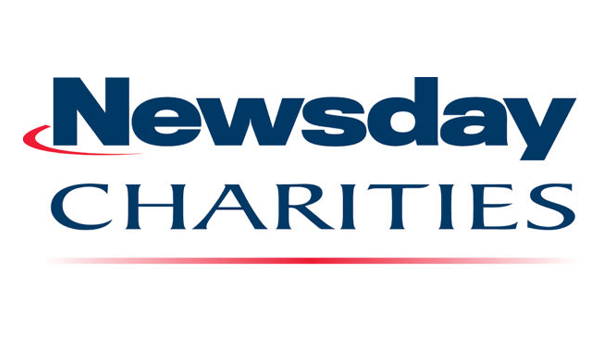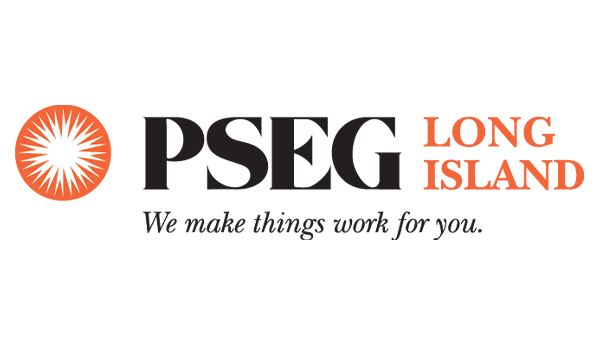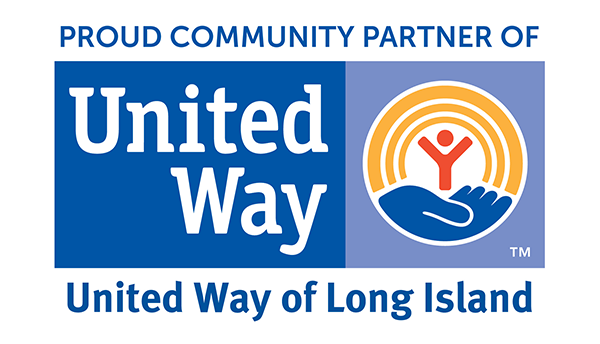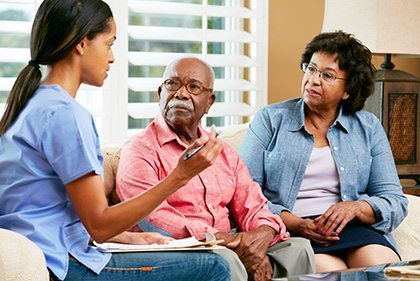
Program Overview
The Surrogate Decision Making Committee (SDMC) intervenes on the behalf of individuals who cannot give informed consent due to their physical or mental state to oversee medical decisions as well as ensure the individual’s best interests.
Clients Served Last Year:
377
Funding Generously Provided by:
NYS Justice Center Protection for People with Special Needs and private donations.
Contact Information:
Nassau
175 Fulton Avenue, 4th Floor
Hempstead, NY 11550
(516) 489-7733 x169
Suffolk
320 Carleton Ave., Suite 8000
Central Islip, NY 11722
(631) 265-0490
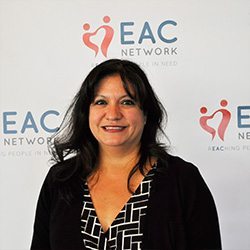
Program Description
The Problem:
Individuals unable to provide informed consent due to their physical and/or mental state are easily taken advantage of and may receive improper care.
Our Solution:
Advocate for incapacitated individuals’ best medical interest(s).
How We Do it:
SDMC coordinates hearings for non-emergency medical and dental treatment for mentally and developmentally disabled residents who reside in state funded facilities throughout the Bronx, Brooklyn, Manhattan, Queens, Rockland, Staten Island, Westchester, Orange, Sullivan, Nassau, and Suffolk counties.
A four-member panel consists of an attorney, medical professional, family member (one who has been a consumer of mental health services or who have family members who have been consumers), and an advocate. The panel reviews the documentary evidence, receives testimony from the person’s treatment team and other interested parties, interviews the individual, and makes three determinations:
1) Does this person have the capacity to make this decision for him/herself?
2) If not, is there a legally authorized surrogate to make this decision for the person; and
3) If not, is the proposed medical intervention in the person’s best interest?
Going through the SDMC process means:
- Viable and preferable alternative to the Courts
- Timely access to major medical treatment, usually within fourteen days
- Expedited hearings
- Easy access for patients and providers
- Cost free – no fees to the patient or their provider
- Dignity to the patient by allowing them to participate at the hearings
- Person-centered approach to medical decision-making
- Free legal representation
The Outcomes of The Surrogate Decision Making Committee (SDMC)
At-risk individuals have a group of people advocating for their best interests, resulting in appropriate medical care.
What People Say About The Surrogate Decision Making Committee (SDMC)
I am so grateful to receive such a profound sense of service on the SDMC panel, since the least fortunate of our society need our ability to ‘speak out’ for them. SDMC serves staff and clients to empower very vulnerable people in getting much needed health care. Thank you for this privilege to serve in this way; to lift others up as a public benefactor. That’s what our society needs: institutions that encourage others! Thank you!
A couple of years after retiring from the United States Department of Justice, I heard about an opportunity to volunteer as a Surrogate Decision Maker (SDM). Shortly after completing training, I received my first assignment and have presided as the attorney panelist for 8 years, in approximately 75-100 cases. These matters have involved decisions for clients ranging in age from their late teens to mid seventies. The medical care involved procedures such as: invasive screening procedures like colonoscopies and spinal surgery to correct deformities, or with conditions involving medical recommendations for end of life, palliative care, or even withdrawal from a respirator. My involvement in this personally fulfilling role has given me a better appreciation of the abilities as well as the disabilities of the people being served by the SDMC program, and enabled me to gain a better understanding of the day to day efforts of their caregivers and the professionals who provide them with service. I have learned that regardless of how routine or simple a medical procedure may be that I my fellow volunteers in the SDMC program play an exceptionally important role in making the three decisions: lack or existence of capacity for the client to make a health care decision, unavailability or willingness of qualified representative to make the decision, and whether the proposed treatment, when the answer to the two other questions is in the negative, is in the best interest of the patient. Making such decisions requires careful attention to the testimony and using ones skills to ask questions to obtain the information needed to make the decision. On a personal level, when it became necessary to make health care decisions for my aging parents, I felt much better equipped and emotionally able to deal with their advanced illnesses and finally hospice care decision-making.
